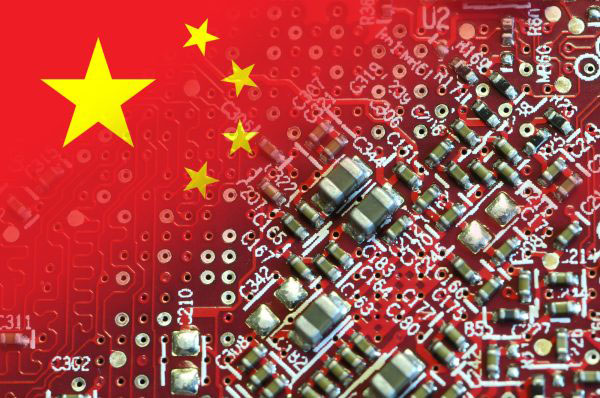China Aims to Produce 20% of All Semiconductors Used Domestically by 2026
China has announced a significant milestone in its semiconductor development strategy, aiming to produce 20% of all semiconductors it uses domestically by 2026. The move is part of China's broader efforts to increase self-reliance in semiconductor technology amid global supply chain disruptions and intensifying geopolitical tensions.
Accelerating domestic semiconductor production
China's ambitious goal to produce 20% of its semiconductor requirements within the next four years signals a major step toward reducing its dependency on foreign technology. Currently, China imports a significant portion of its chips, primarily from global leaders like Taiwan, South Korea, and the United States.
The Chinese government has allocated substantial resources to support research and development (R&D) in semiconductor technology. State-backed initiatives and incentives for local companies are designed to accelerate innovation in chip design and fabrication processes.
Chinese semiconductor firms, including Semiconductor Manufacturing International Corporation (SMIC) and Yangtze Memory Technologies Co. (YMTC), are forging strategic partnerships with domestic tech companies and academic institutions to boost their R&D capabilities and scale production.
To meet its ambitious targets, China is investing in developing a skilled workforce capable of driving the next generation of semiconductor innovations. Universities and research institutes are being strengthened to produce top-tier engineers and researchers in the semiconductor field.

Government initiatives driving growth
China's strategy to enhance its semiconductor capabilities is backed by strong government support, including funding, policy reforms, and infrastructure development. Key initiatives like the "Made in China 2025" plan and the national integrated circuit (IC) industry fund have been instrumental in guiding the country's progress in this critical sector.
"China is committed to achieving greater self-sufficiency in semiconductor technology," said Li Wei, Deputy Minister of Industry and Information Technology. "Our aim to produce 20% of the semiconductors we use by 2026 is a crucial part of our national strategy to reduce vulnerabilities in the global supply chain and enhance our technological independence."
The potential ramifications for the industry
China's focus on bolstering its domestic semiconductor industry is expected to have far-reaching effects on the global market. As the country increases its production capabilities, it will not only reduce its reliance on foreign suppliers but also position itself as a competitive player in the global semiconductor landscape, an outcome that will likely position it at loggerheads with the United States.